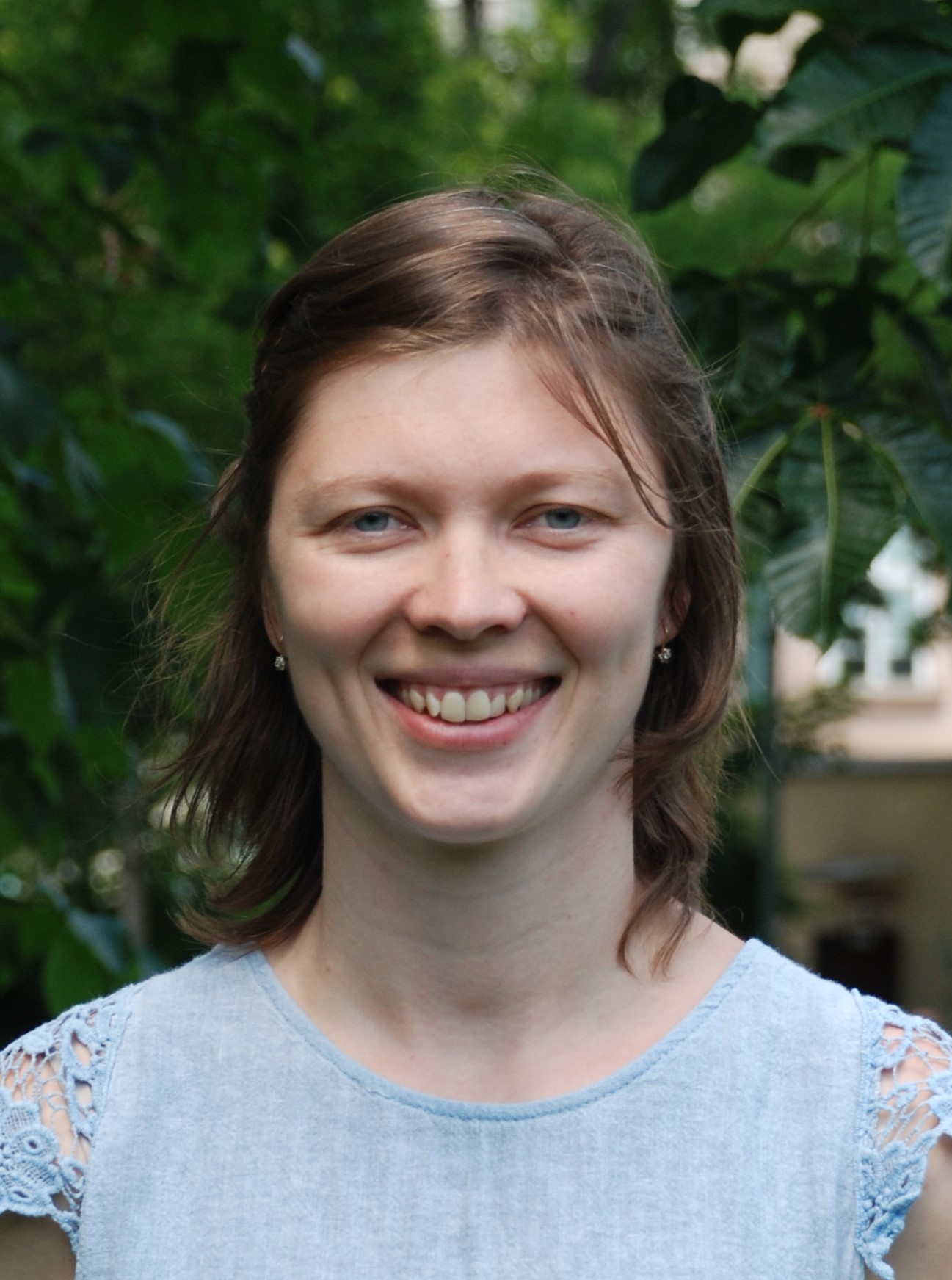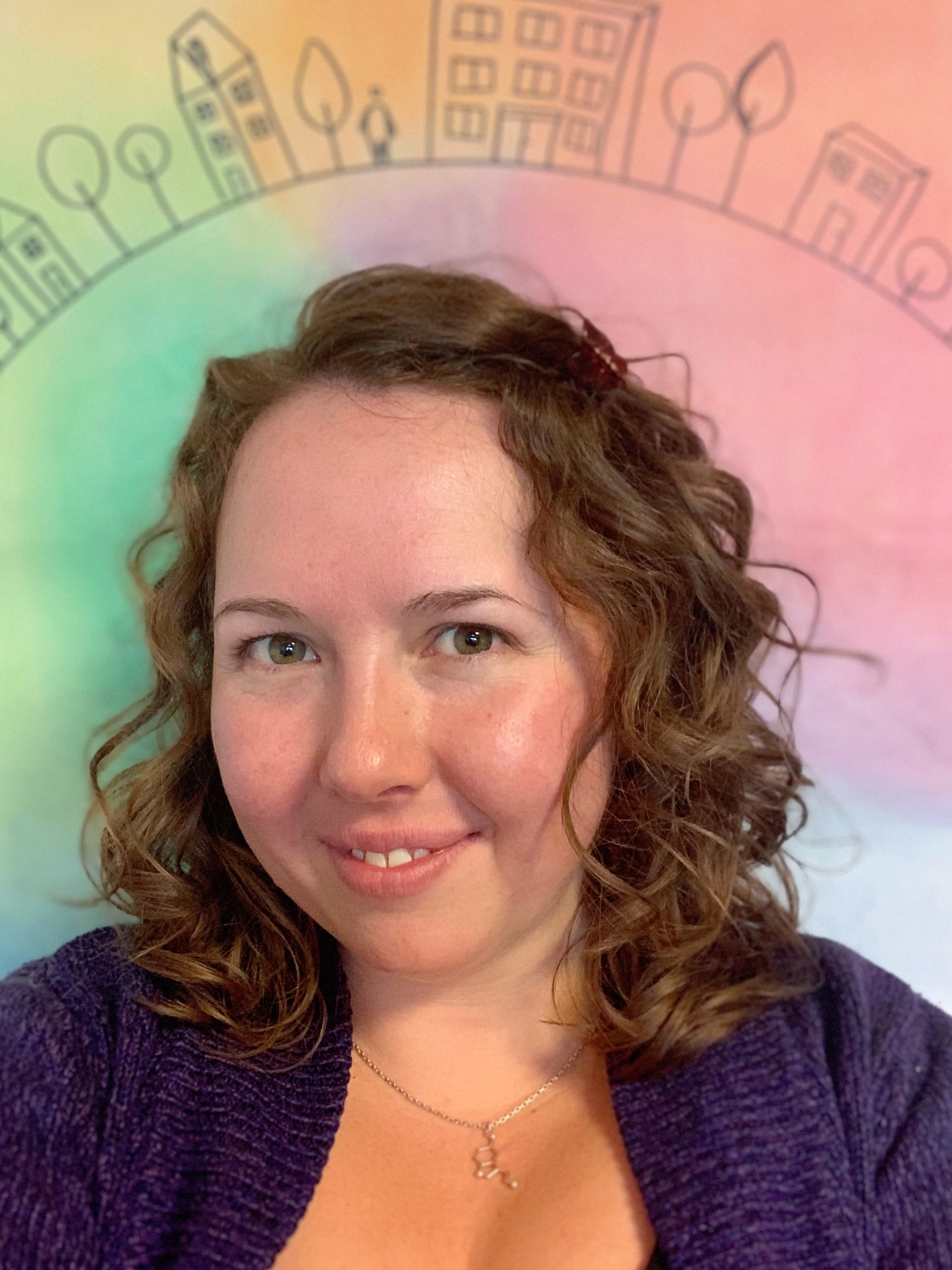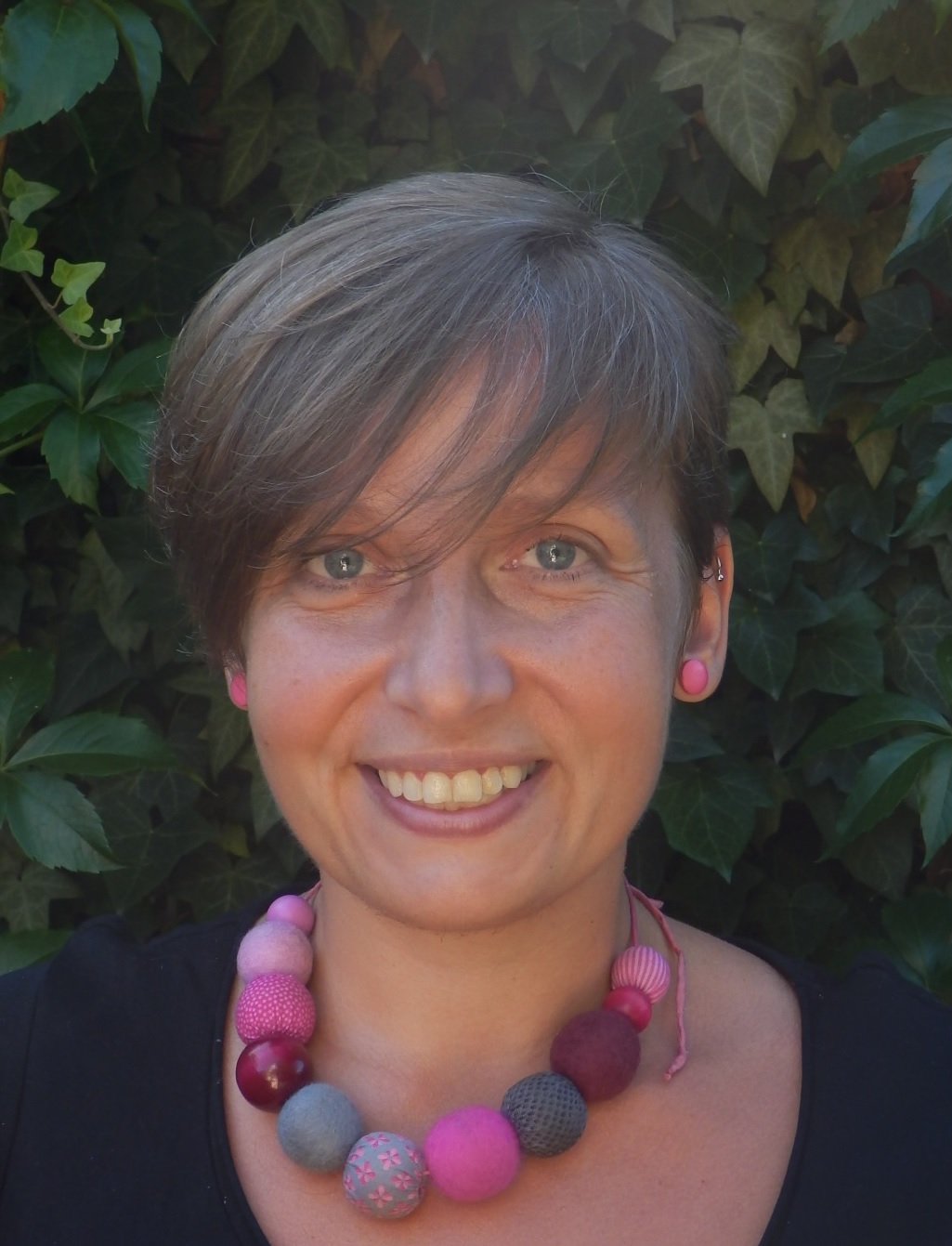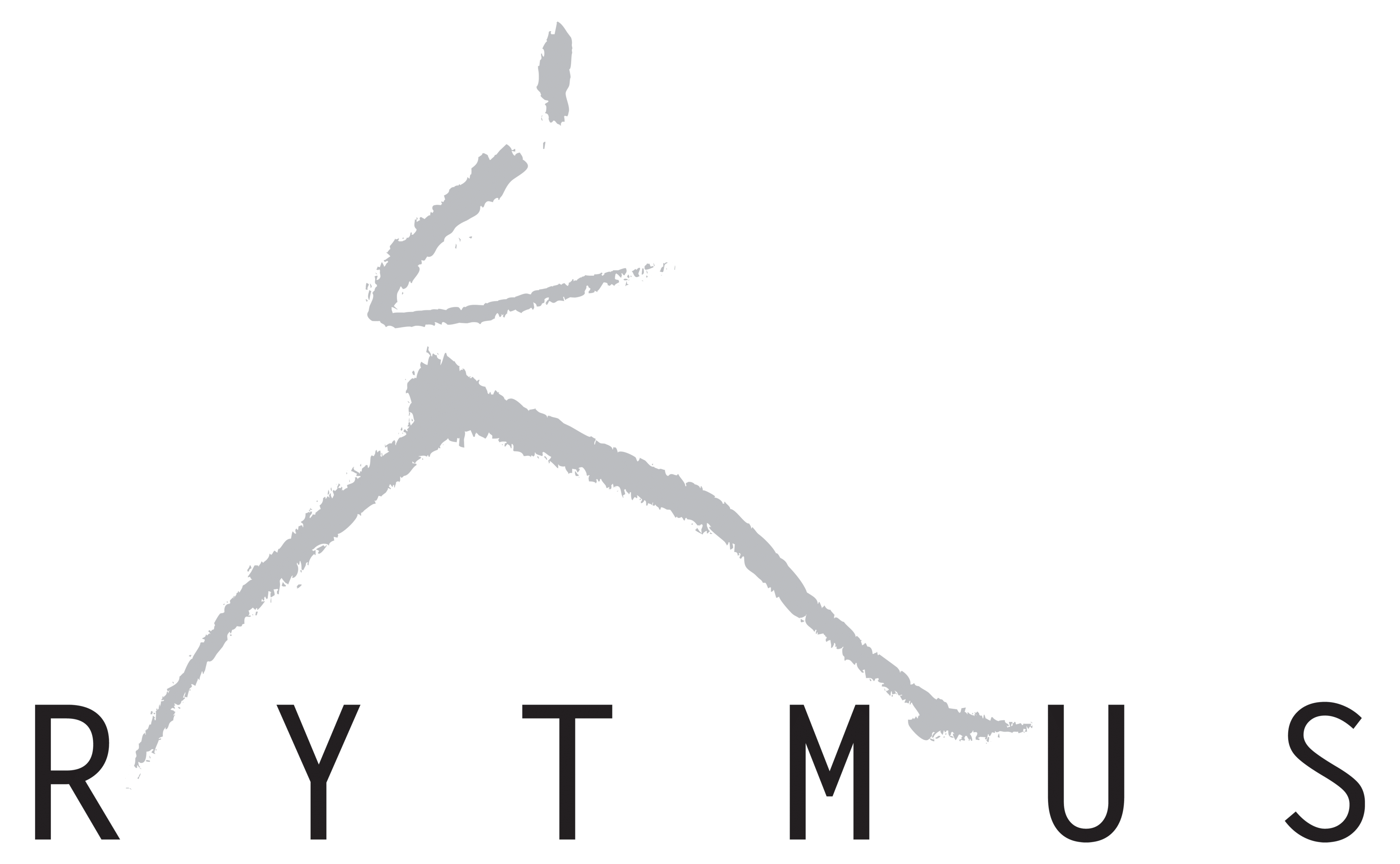Why should we write easy-to-read?

Easy-to-read information saves time and money, provides people with good client service and makes their lives easier. It means that your readers will understand your documents better and faster. They do not need so much explanation and make fewer mistakes when filling in forms.

Research has shown that incomprehensible, unclear or unintelligible text causes cognitive strain. On the contrary, comprehensible, clear and intelligible text leads to cognitive ease. Our brain burns less energy, we do not get tired as fast, we have a feeling that we know the issue and that what we are reading is not only easy but also true.

Studies have calculated savings coming from using easy-to-read language. In some studies, public agencies or corporations have counted how much time it costs them when their employees spend time clarifying and trouble-shooting mistakes in forms, answering questions etc. Other studies have compared the time spent explaining text before and after easy-to-read edits. In all cases, easy-to-read language saved time and money for the agencies or corporations thanks to better and faster understanding.
Accessible society –
self-advocates
An accessible society is one in which each person has a voice and takes control of his/her own life.
Self-advocates are people who want to learn to speak for themselves. All people should be included in decisions that have impact on their lives. People with intellectual disabilities are often dependent on others. Those who wish to help reduce this dependency can become self-advocates.
Who is behind the project?

Camille Latimier
Camille is executive director of Inclusion Czech Republic (SPMP ČR.) She has more than ten years’ experience in the rights of people with intellectual disabilities, on the national and European levels. She focuses on legal capacity, rights of children with intellectual disabilities and accessibility (easy-to-read, accessibility of public services and agencies, accessibility of elections).
"My vision is an accessible society, where each person feels valued and not diminished by useless bureaucracy. An accessible society is one where a civil servant respects you and supports you, where public material is accessible in several formats, thanks to which each person can find their way around in public and official matters! There is a lot work to do, so I am looking forward to this project!"

Veronika Juříčková
Veronika works at the Prague office of Inclusion Czech Republic and is the chief coordinator of the Accessible Society project. With courage!
"I’ve been working with people with disabilities for over ten years. One of the things that bother me is the inaccessibility of the system. We put obstacles on the path of people with disabilities (and others) and then act surprised that they need a lot of support in overcoming them. I would be enough to just remove these obstacles and allow everyone equal possibilities! I hope that through this project we will support those who would like to remove these obstacles and perhaps just don’t know how to do it."

Klára Silovská
Klára works in the Prague office of Rytmus, and in this project she focuses on engaging self-advocates.

Hanka Kombercová
Hanka works in the Rytmus Východní Čechy, she works on a project that aims to support self-advocates.




